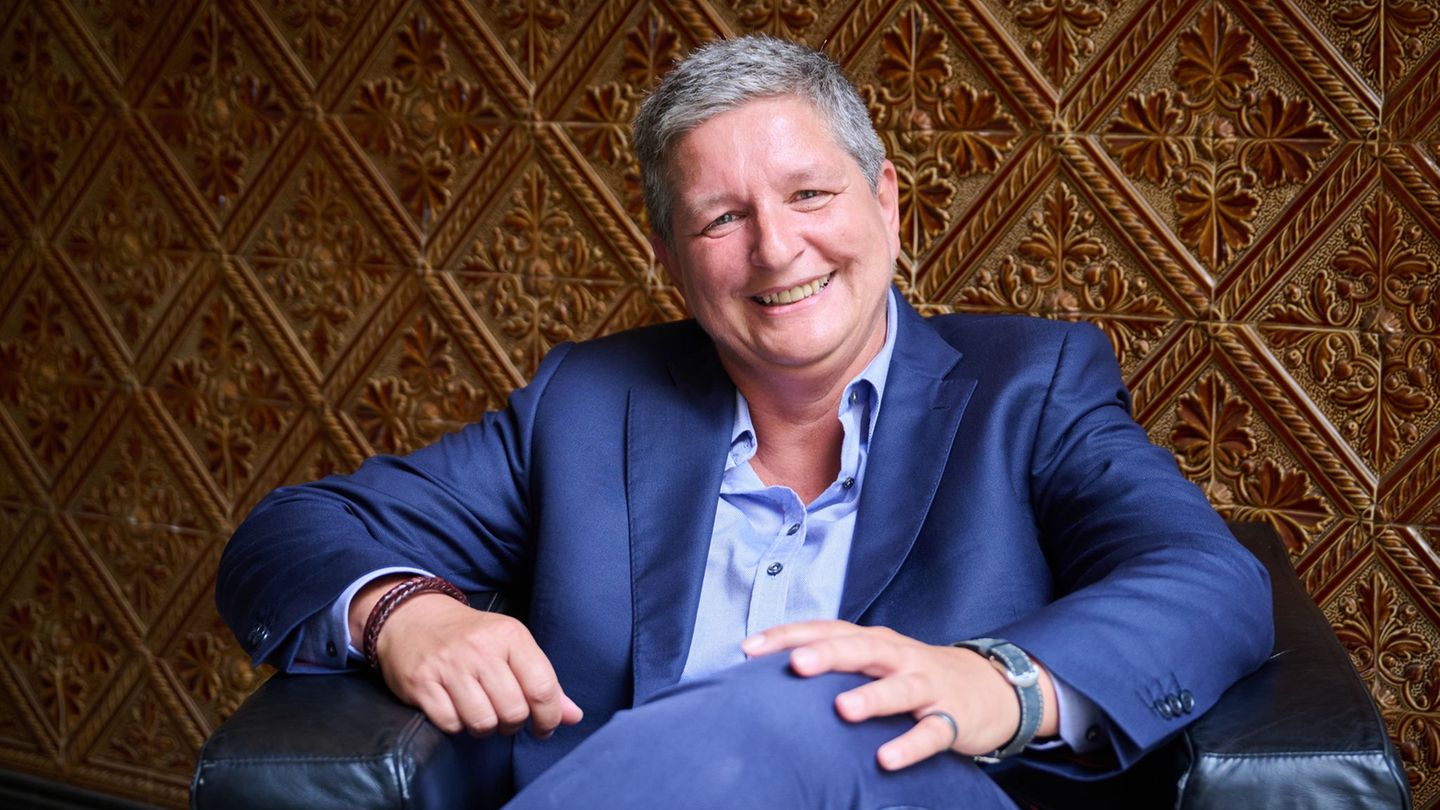The research institutes Ifo, RWI and IWH see the German economy stagnating. Exports, investments and exports are not picking up.
Three leading economic research institutes significantly lowered their forecasts on Thursday. The Munich-based Ifo Institute and the IWH in Halle are now expecting zero economic growth for this year, while the RWI in Essen is expecting 0.1 percent. Ifo economic chief Timo Wollmershäuser says: “The German economy is stuck,” while “other countries are feeling the upswing.” This is not just due to the economy: “We have a structural crisis.”
The order backlog in industry and construction has melted away, both sectors are shrinking, and there is a widespread lack of orders. In industry in particular, too little investment is being made, and productivity has been stagnating for years, says the Munich professor. Although the global economy is growing, exports are weakening: “German companies are losing global market share as a result,” says RWI economics chief Torsten Schmidt.
Difficult site conditions
The researchers cite the climate change, energy prices, digitalization, demographics and growing competition from China as reasons, but also home-grown hurdles such as high corporate taxes and very high bureaucratic burdens compared to other countries. “Companies need better location conditions so that they can invest again and hire employees,” says Wollmershäuser. Specific subsidies are hardly helpful in this regard.
In addition to the basic problems, there is also an economic crisis. Wages are rising and inflation is falling significantly. But “the gains in purchasing power are not leading to increased consumption, but rather to higher savings because people are unsettled,” says Wollmershäuser. After 5.9 percent inflation last year, the three institutes are expecting an inflation rate of 2.2 or 2.3 percent this year, and between 2.0 and 2.4 percent next year.
Overall labour market relatively robust
According to their forecasts, the unemployment rate is likely to rise from 5.7 percent to 6.0 percent this year. For next year, the IWH expects a further slight increase, while Ifo and RWI expect a slight decrease.
According to the three institutes, economic growth next year is likely to be between 0.9 and 1.0 percent. But when it comes to medium-term forecasts, “we have been systematically wrong for several years,” says Wollmershäuser.
Glimmers of hope and rays of hope
The Association of German Chambers of Industry and Commerce sees the fact that German industry’s incoming orders rose by 2.9 percent in July compared to June and by 1.7 percent in the three-month comparison as a “glimmer of hope”. However, the increase in July is only due to large orders – without them, incoming orders would have shrunk again.
According to the state development bank KfW, the business climate in small and medium-sized enterprises deteriorated for the fourth time in a row in August. The current situation is assessed as being worse than it has been for four years. There are only a few bright spots, including in the small and medium-sized retail sector and in large companies in the construction industry that are active in civil engineering or commercial construction.
Source: Stern




